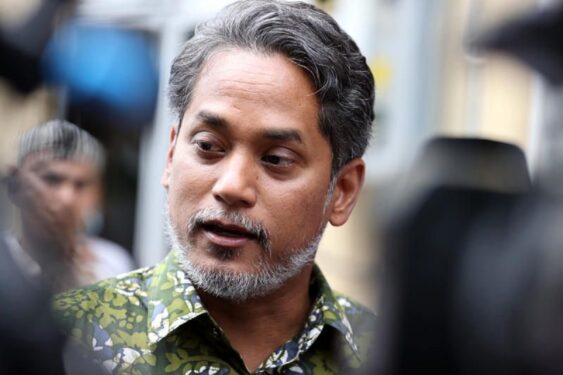HUMANS are hardwired to crave for stability and pandemic-related uncertainties put many under immense distress. As a result, there has been a rise in suicide or near-suicide cases in Malaysia this year.
Based on the latest National Health and Morbidity Survey, every three in 10 adults aged 16 years and above in Malaysia suffer from some form of mental health issues.
Mental health problem is expected to become the second most common health problem for Malaysians in 2020 after heart disease.
Between March 25 to end of August, there were 11,791 calls made to the Health Ministry’s psychosocial support hotline.
Half of the callers were facing issues related to stress, anxiety and despair – caused by loss of income, interpersonal relationships issues, loneliness and lack of mental health help during the movement control order (MCO).
In addition, during the movement control order period, Befrienders Malaysia received 4,142 calls between March 18 and May 16.
Depression is a common mental disorder with more than 264 million people of all ages suffer from depression globally, according to the World Health Organisation (WHO).
Alarmingly, depression is also leading contributor of disability worldwide and major contributor to the overall global burden of disease.
Suffice to say, mental health is just as important as physical health as anyone can suffer mental health issues at any point in their life.
In a nutshell, health is a state of complete physical, mental and social wellbeing and not merely the absence of disease or infirmity.
There are many cost-effective ways to maintain a mental health on a daily basis – assuming one has not reached critical stage where help from mental healthcare providers is needed.
Mental health takes into account many factors and it depends on how one life his/her life. Physical and mental health are interlinked – physical illness will result in low quality mental health, by impairing the quality of life, compared with those with no physical health issues.
Thus, having adequate sleep, regular exercise and a healthy diet are ways to maintain both mental and physical health.
Maintaining mental health also can be as simple as talking to good friends, reading self-help books, taking a break, and engaging in hobbies.
Apart from that, it also helps to apply positive psychology – building up good memories – sharing good moments on social media and in real life as well as self-congratulating (when one has done something good).
By doing so, it can help to build up a buffer to be more resilient towards negative emotions which makes it difficult to develop mental health issues. – Dec 11, 2020










